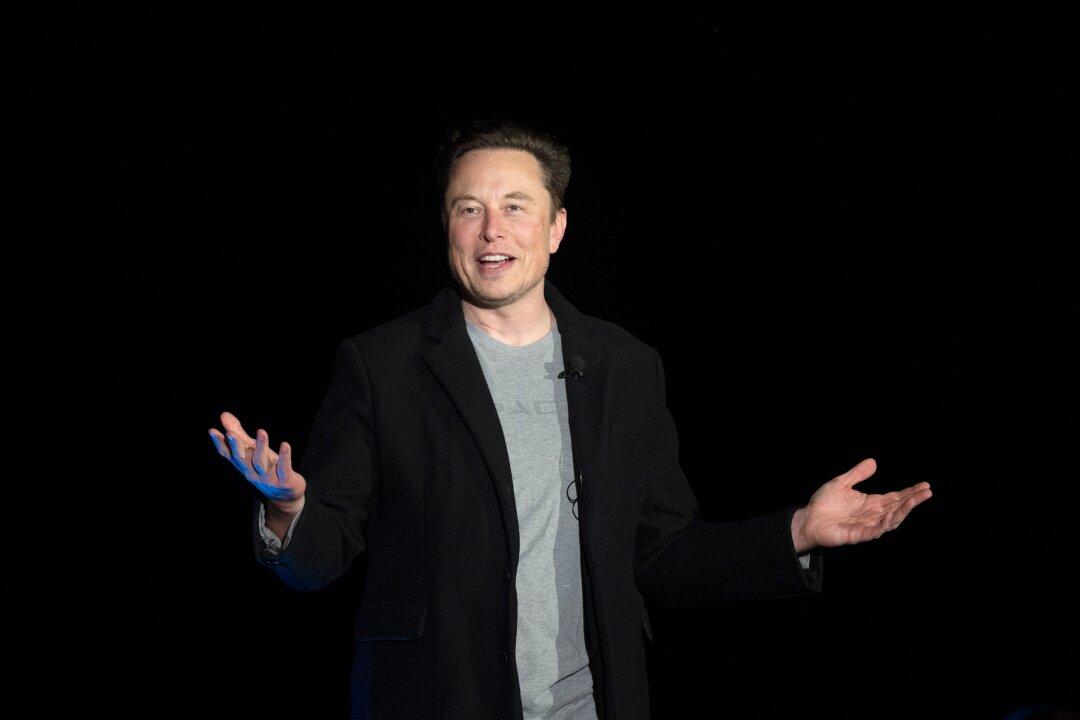Some Democrats in the Senate are considering calling Elon Musk to testify in Congress about his purchase of Twitter.
The lawmakers didn’t indicate they were concerned about the legality of the purchase, but rather about Musk’s intention to loosen content moderation in light of the billionaire’s recent comments about the importance of free speech.





